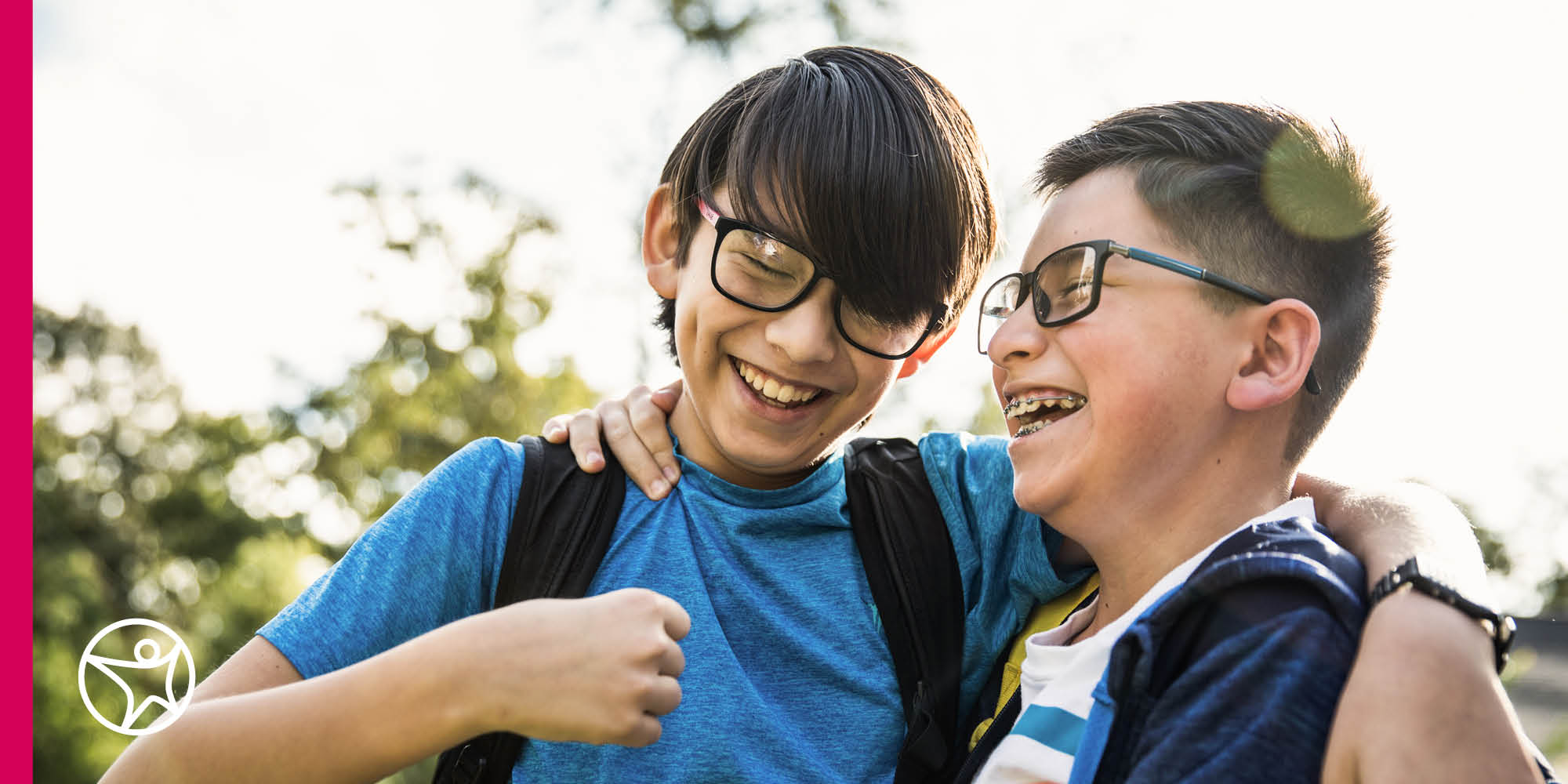4 Tips for Helping Your Child Make Friends After COVID
byAlyssa Austin
3 min to read
It is no secret that the COVID-19 pandemic has impacted the way students connect with their peers and, subsequently, their ability to make friends. Between shifting entirely to virtual schooling to navigating quarantine and dealing with feelings isolation—all while experiencing a major world health event—today’s students have had to deal with significant social changes. Simply put, new friends for kids can be tough to come by these days.
While some feel that virtual schooling is to blame, the online schools that have been around for years—like Connections Academy®—make socialization a priority for students. For many, online schools have been a great opportunity for the more shy or introverted students to approach making friends in a way that makes them feel more comfortable.
Even if your child struggles to make friends, regardless of the pandemic, there are helpful solutions and strategies for helping your child develop new friendships and revitalize old friendships.
1. Lead by example.
A great way to encourage kids to seek out new friendships is to serve as an example for your child. Are you staying at home, or are you going out and seeing friends and making time for group activities? When your child observes you exhibiting this behavior, it gives them the green light to do the same.
2. Leave space for discussion and vulnerability.
For many kids, getting back to in-person socialization may be a daunting task surrounded by fear and uncertainty. The best way to support your child in this transition is by being ready to provide extra support and conversation. Focus on providing a safe space to share feelings. Dinnertime or other moments of togetherness are excellent opportunities to set a tone of open conversation and honest sharing. And volunteer your own thoughts and concerns as well. Sharing more of yourself with your kids makes it safe for them to share their own feelings.
3. Be proactive, but modify for safety.
Setting up playdates and planning get-togethers are tried-and-true ways to foster in-person connections and nurture new friendships in children. These tactics are as available as ever but modifying them slightly for post-pandemic comfort levels is a good idea. For example, keep playgroups small, and be mindful of your child’s comfort levels. Your child may be ready to jump into large group outings, but remember that your kids’ friends may feel differently.
4. “Make new friends, but keep the old.”
Friendship after the pandemic doesn’t need to mean “starting over.” Encourage your child to reach back out to friends they had strong in-person relationships with prior to quarantine. Even casual questions (“How’s Amanda doing?”) can prompt a renewed interest in a long-term friendship that may have dissipated during the pandemic. As the saying goes, “Make new friends, but keep the old. One is silver and the other gold.”
If you have a child who is wondering how to make friends after COVID, use these strategies to help them build confidence and hopefully gain a few new friends. Online school is a great way to explore and build friendships in a way that’s more comfortable for students and some families. Learn more about how Connections Academy prioritizes relationship building and community.
